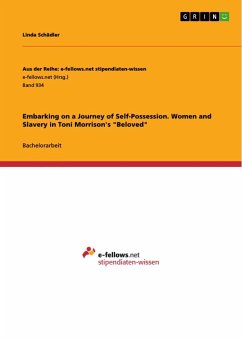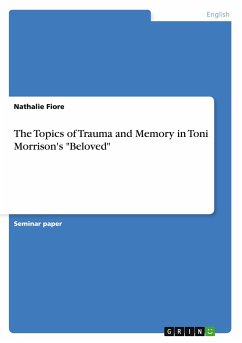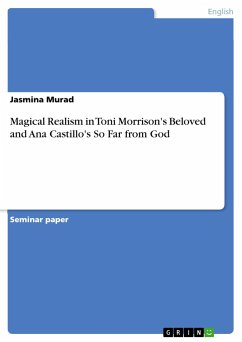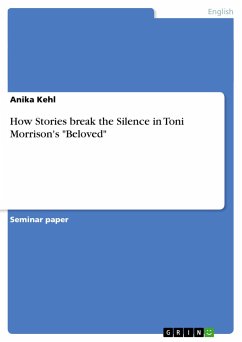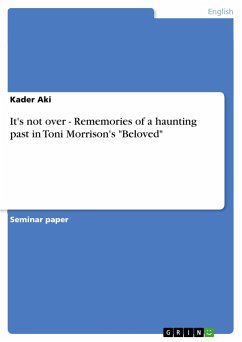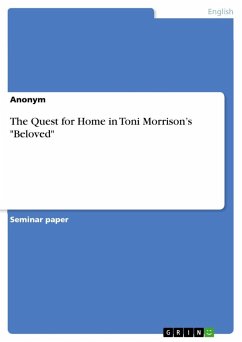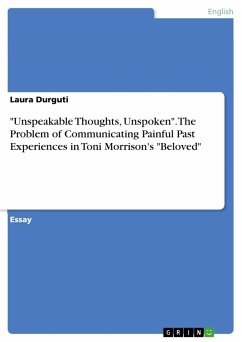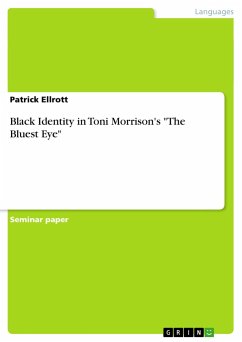Bachelorarbeit aus dem Jahr 2012 im Fachbereich Amerikanistik - Literatur, Note: 1,3, Universität Mannheim (Anglistisches Seminar), Veranstaltung: -, Sprache: Deutsch, Abstract: Slavery is terrible for men; but it is far more terrible for women. Superadded to the burden common to all, they have wrongs, and sufferings, and mortifications peculiarly their own (Jacobs 85). Harriet Ann Jacobs, author of the above quote, was an African-American slave and abolitionist, who published her slave narrative Incidents in the Life of a Slave Girl in 1861 - 16 years after Frederick Douglass' highly successful, but male-centered autobiographical narrative - thereby providing one of the first accounts of female slaves' struggle for freedom and self-determination and the physical and sexual abuse they had to endure during slavery. While slavery was an extremely painful and dehumanizing experience for all slaves, it was, as depicted by Jacobs, in many ways even more difficult for females. Their sexual vulnerability rendered them easy prey to the exploitation and abuse of power both by their white masters and fellow male slaves. However, until the 1980s, this relevant aspect of African-American history had been largely neglected by historians and writers alike, even those of African-American heritage themselves. Yet, with the emergence of authors like Toni Morrison, Alice Walker, and Maya Angelou, a new awareness has been created for the unique fate of black women in the pre- and post-Civil War period, and the impact that slavery had on their identity formation as well as their role in the African-American slave community. Toni Morrison, the first African-American to be awarded the Nobel Prize for Literature, was in fact among the first writers to draw attention to the double marginalization of African-American women. Morrison's novel Beloved for instance, published in 1987, is based on the true story of Margaret Garner, a runaway slave who killed one of her own children tospare her a life in slavery. Beloved itself primarily explores the traumatic circumstances that led to the event, as well as the protagonists' painful process of psychological recovery. This highly personal account of female slave experience allows us to examine the influence slavery had on African-American women and their families, and its impact on their relations to the black community.

